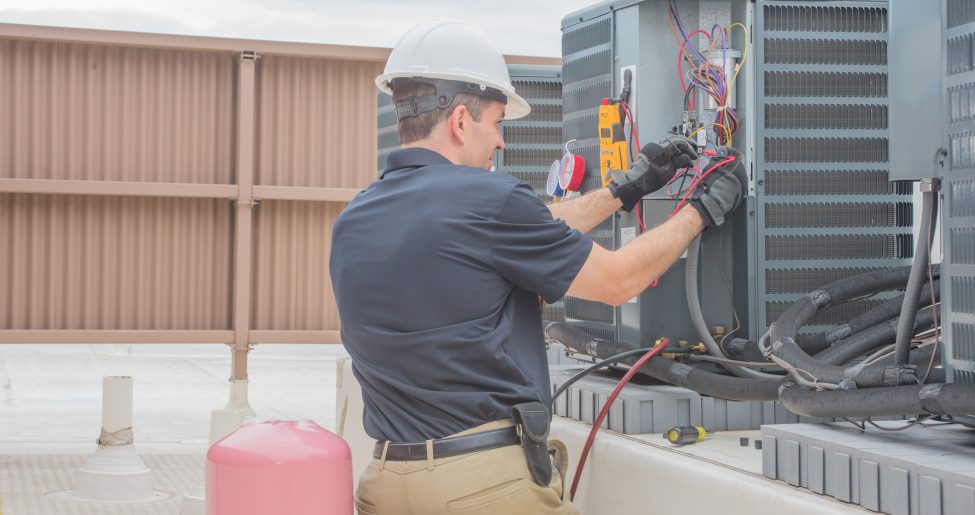Are you considering working with an HVAC wholesale supplier to streamline your business? There are lots of benefits to working with a company that can provide you with a steady stream of wholesale HVAC supplies. If your goal is to keep your team well-stocked with the right parts and tools this year, then it’s time to find the right HVAC wholesale partner.
Read More5 Reasons Why the Right HVAC Wholesale Partner Can Keep Your Projects on Schedule

